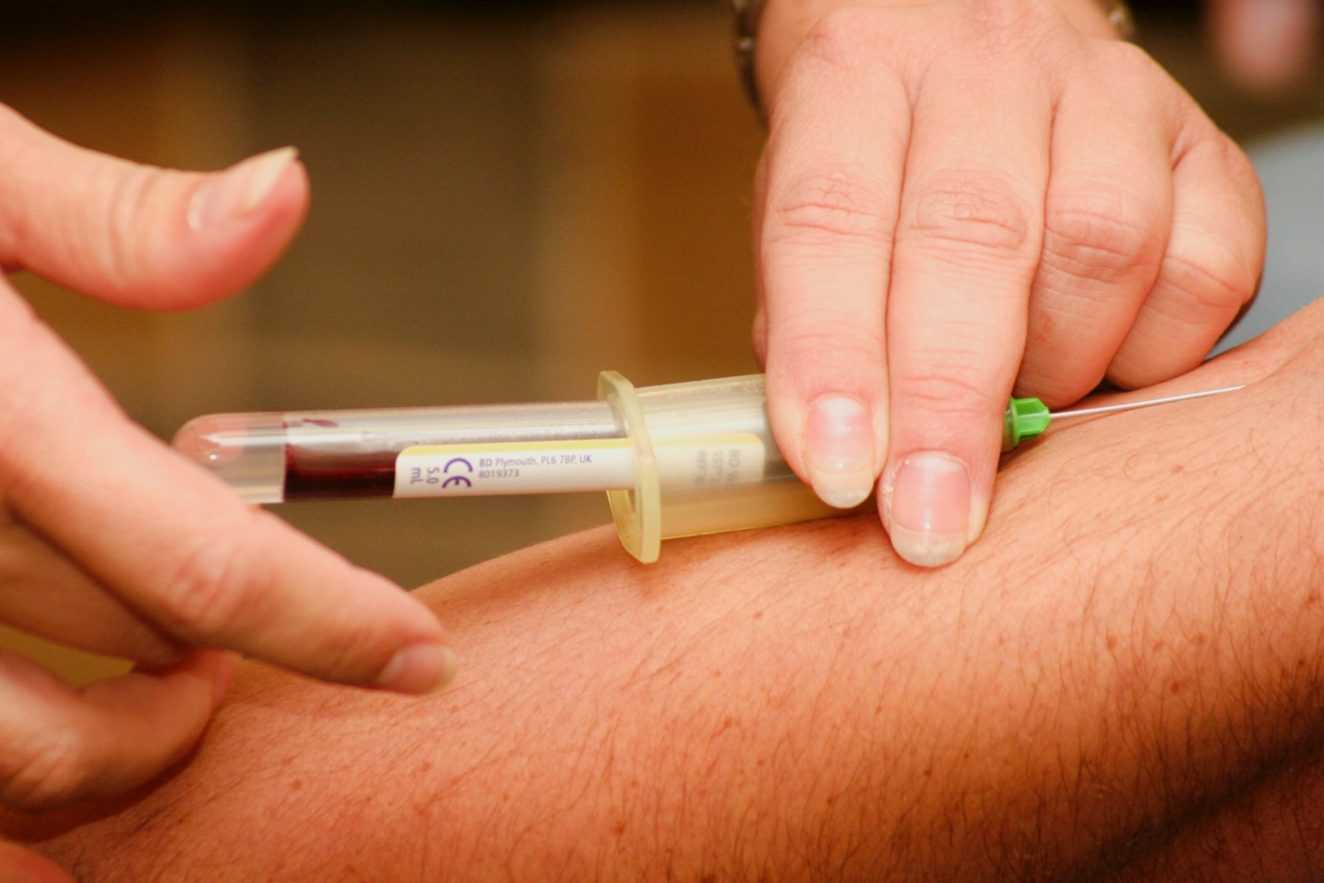Cholesterol – a word that often sparks confusion. In this article, we unravel the common myths surrounding cholesterol, offering simple answers to questions about this vital aspect of health. Let’s navigate the realm of cholesterol, distinguish between myths and facts, and understand the importance of keeping our cholesterol levels in check to safeguard against heart disease and stroke.

The Cholesterol Puzzle: Myth vs. Fact
Myth: All Cholesterol is Bad
Fact: Cholesterol isn’t the villain it’s often portrayed to be. Your body relies on cholesterol for crucial tasks like hormone production and cell building. Cholesterol travels through your blood on lipoproteins, specifically low-density lipoprotein (LDL), deemed “bad” cholesterol, and high-density lipoprotein (HDL), known as “good” cholesterol. While too much LDL can lead to plaque buildup in blood vessels, HDL functions as a cleaner, transporting cholesterol back to the liver.
Myth: I Would Feel High Cholesterol
Fact: High cholesterol usually doesn’t come with warning signs. Often, individuals remain unaware of unhealthy cholesterol levels until a heart attack or stroke strikes. Regular cholesterol checks, at least every 5 years, become crucial to stay ahead of potential health risks.
Myth: Eating High-Cholesterol Foods Doesn’t Matter
Fact: While the relationship between dietary cholesterol and blood cholesterol is complex, saturated fats, often found in high-cholesterol foods, can elevate cholesterol levels. Opting for foods low in saturated fats, like fiber-rich options (oatmeal, beans) and healthy unsaturated fats (avocados, olive oil, nuts), is a wise choice.
Myth: I Can’t Change My Cholesterol
Fact: Taking charge of your cholesterol is possible. Regular testing, healthy eating habits, staying physically active, avoiding tobacco, and, if needed, medications, contribute to managing cholesterol effectively. Understanding family history is essential, especially if there’s a genetic predisposition to high cholesterol.
Myth: I Don’t Need Medication; Diet and Exercise are Enough
Fact: While lifestyle changes play a significant role, some may require medications, such as statins, to control cholesterol levels effectively. People with conditions like familial hypercholesterolemia, cardiovascular disease (CVD), or diabetes may benefit from medications. Always consult with healthcare professionals to determine the best approach for your situation.

Empowering Choices: Taking Control
1. Get Regular Cholesterol Checks
Periodic cholesterol screenings, ideally every 5 years, provide insights into your heart health. Knowledge of your cholesterol levels empowers you to make informed decisions.
2. Opt for Heart-Healthy Foods
Make mindful food choices by limiting saturated fats. Embrace a diet rich in fiber, found in foods like oatmeal and beans, and healthy unsaturated fats from sources like avocados, olive oil, and nuts.
3. Stay Active
Regular physical activity, as per the Physical Activity Guidelines for Americans, contributes to heart health. Aim for 150 to 300 minutes of moderate exercise each week.
4. Say No to Tobacco
Avoiding smoking and tobacco products is crucial. Smoking damages blood vessels, accelerates artery hardening, and significantly increases the risk of heart disease.
5. Medications and Management
For some, medications like statins may be necessary. This is particularly true for those with conditions like familial hypercholesterolemia, CVD, or diabetes. Always follow healthcare providers’ guidance.

Understanding cholesterol dispels myths, enabling us to make informed choices for heart health. By incorporating simple lifestyle changes and staying proactive about cholesterol checks, we embark on a journey toward a heart-healthy life. Let’s take charge, embrace healthier habits, and prioritize our well-being for a resilient heart and a fulfilling life.





